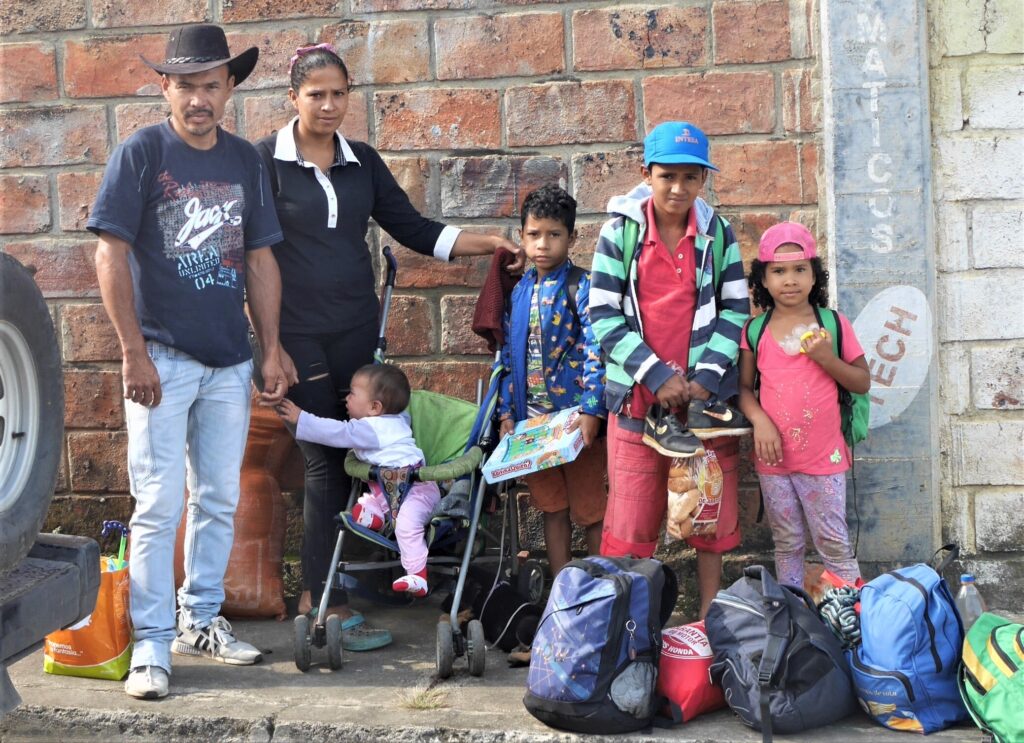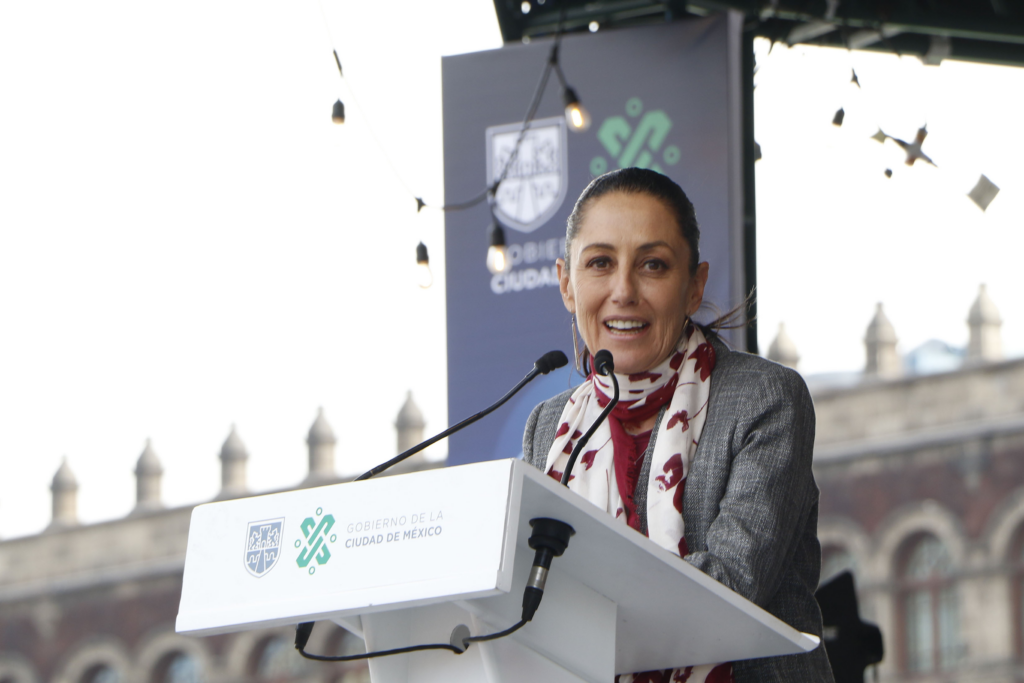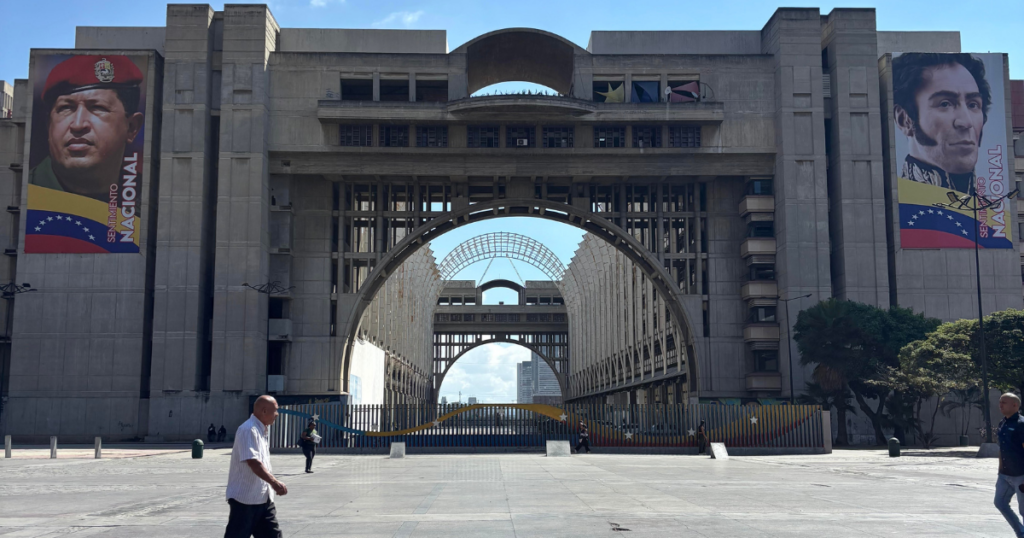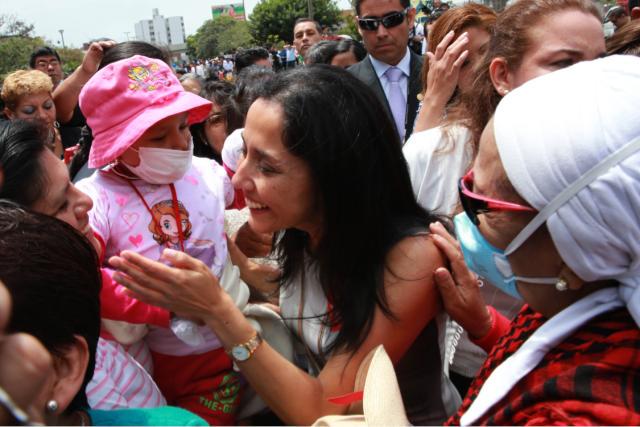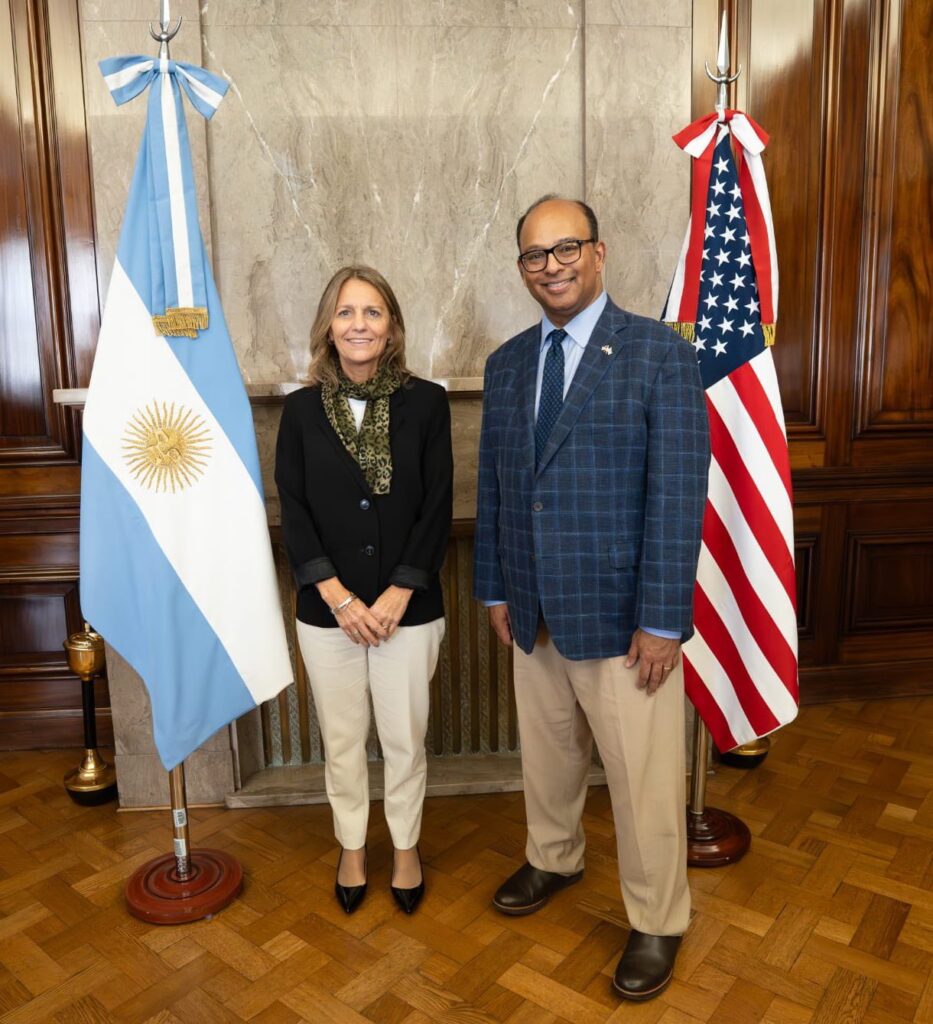Medellín, Colombia – Last month, the capital of Chocó inaugurated its first formal midwifery house with the support of the International Labor Organization (ILO) and the Ministry of Equality, a milestone aimed at supporting traditional midwives and reducing maternal morbidity and mortality rates.
“A new era has begun for midwifery in Quibdó” Shirley Manturana, coordinator of ASOREDIPAR, the organization behind the new Casa de Partería de Quibdó midwifery house, told El País at the time.
According to Colombia’s national statistics agency, DANE, in 2023 nearly 36,000 births in Colombia were attended by midwives. Yet, most of these community workers continue their vital work without compensation, social protection, or fair labor conditions.
The ILO released a report in September outlining that less than 15% of traditional midwives in Colombia are affiliated with the social security system. Manturana told the ILO, “Midwives have always been invisible to society, but we have always been there, bringing children into the world.”
The campaign holds particular significance in Quibdó. The capital of Colombia’s Chocó department on the border with Panama has some of the highest levels of poverty and violence in the country. It was the city with the highest unemployment rate in August at 24.4%, according to DANE.
The struggle facing midwives in the Colombian Pacific is not an isolated one – it mirrors a broader challenge felt across Colombia. In March, a different ILO report analyzed 10 organizations in the departments of Cesar, La Guajira, Valle del Cauca, and Chocó, finding a common thread: women working to sustain life without wages, job security, or social protection.
The challenge now facing ASOREDIPAR is to ensure that the inauguration of the midwifery house isn’t just a symbolic gesture, but rather contributes to a broader trend of recognizing “care as a core task, incorporating it into wage regulations, and promoting collective bargaining that includes people in informal situations,” stated Carolina Pava, ILO National Gender Officer.
The making of ASOREDIPAR
In Chocó, birth attendants help women deliver wherever circumstances allow – often in the mother’s own home. Many save what money they can to create small, dedicated spaces for safer care, though conditions are rarely ideal.
Founded in 2010, ASOREDIPAR now unites more than 1,500 Afro-descendant and indigenous midwives across 30 municipalities often serving as first responders in remote areas. Through ASOREDIPAR they have long advocated for dignified working environments and formal recognition of their essential role.
Building allies has been key to sustaining ASOREDIPAR’s dream of better maternal care in Quibdó. In 2023, the ILO joined the effort, providing seed capital, while the Ministry of Equality and local institutions helped strengthen its organizational capacity as part of Colombia’s National Care System. The Women’s Fund of the Ministry of Equality will supply basic medical equipment – a complete medical kit costs approximately $3,000.
Pava said the association’s “community-based care process is impeccable, and the services are well-designed. Furthermore, they work in a very complicated environment due to the high level of precariousness and poor security conditions in Quibdó.”
Pava has also provided them with training in the principles of the social and solidarity economy, decent work, and feminist economics.
Services provided
The Casa de Partería will offer pregnancy and postpartum care through the 1000-Day Care Program. It offers training for younger midwives in this ancestral form of medicine, and holds community workshops on sexual and reproductive health, breastfeeding, violence prevention, and promotion of Family Farmazoteas (small nurseries with medicinal herbs central to their work).
Pava told El Pais, “Training younger midwives seemed ideal to us because it’s a transfer of wisdom. Most of them learned from their grandmothers, aunts, and relatives. And they will continue to do so, leaving their knowledge in the territory.”
There is much more to be done
In rural Colombia, nine out of 10 women spend over eight hours daily on unpaid care work – three times more than men, according to an ILO study in March which analyzed 10 organizations in Cesar, La Guajira, Valle del Cauca, and Chocó.
This is occurring nationwide – in 2023 DANE issued a report outlining the percentage of births attended by traditional midwives across the Colombian departments. The three highest were Chocó 28.09%, Amazonas 18.31%, and Cauca 9.63%.
Paz Arancibia, regional specialist on gender and non-discrimination, stressed that, “the distribution of care falls disproportionately on women, limiting their economic inclusion and labour participation, which exacerbates gender inequalities.”
The ILO report was a key input for the CONPES 4143 National Care Policy which frames care as a right for both recipients and providers, challenges the idea that caregiving is solely women’s work, and seeks to redistribute care across the state and society.
The birth of Quibdó’s first midwifery house marks a bold step toward valuing this essential profession – but advocates say tangible, positive change must continue to ensure its more than merely a symbol of progress.
International guidelines call for recognition of care as work, protection of caregivers, and a voice for those who have been marginalized.
Pava campaigns that it is more than simply an economic issue, “It is also essential to invest in accessible, quality care services and promote laws that align with local initiatives and policies in the territories to improve the working conditions of caregivers.”
Featured image description: Opening of the midwifery.
Image credit: Alcaldía de Quibdó
This article originally appeared on The Bogotá Post and was republished with permission.



